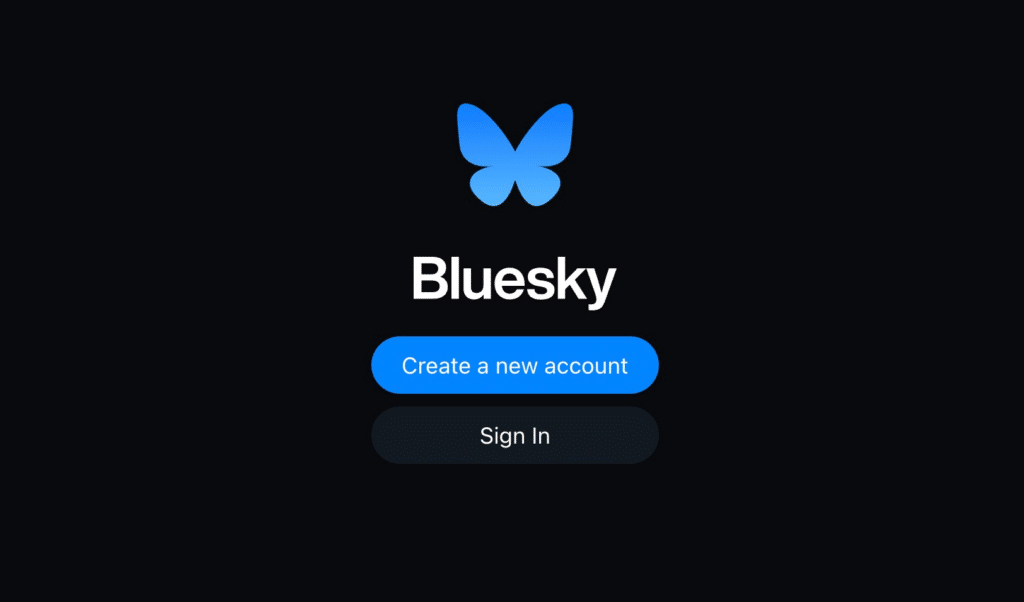
Bluesky’s Open API is a rapidly growing decentralized social media platform that has made waves with its innovative approach to data accessibility through its Open API. While this openness fosters transparency and empowers developers, it also raises serious questions about data scraping and AI misuse. Could Bluesky’s popularity come with a hidden cost to user privacy?
The Rise of Bluesky’s Open API
Bluesky’s Firehose API provides open access to public posts, allowing developers to build tools, analyze trends, and innovate freely. This feature aligns with the platform’s mission of decentralization and transparency. However, the same openness that attracts developers also creates potential vulnerabilities.
In a notable incident reported by 404 Media, Daniel van Strien, a machine learning librarian at Hugging Face pulled over 1 million public posts from Bluesky for machine learning research. Although the dataset was later removed after public backlash, it highlighted the ease with which third parties can scrape Bluesky’s publicly available data.
Public Data: The Risks and Realities
Bluesky’s team emphasizes that all publicly shared content is inherently public. While this ensures a transparent system, it also opens the door to potential misuse. Whether for legitimate research or malicious purposes, third parties can easily access and repurpose user-generated content.
Bluesky has acknowledged the issue and is actively exploring ways to enable users to communicate consent preferences for external data usage. However, the platform admits it cannot enforce these preferences outside its systems. This reliance on external developers to respect user settings underscores the challenges of managing decentralized platforms.
Bluesky’s Official Statement
In response to growing concerns, Bluesky released a statement addressing the controversy:
Bluesky won’t be able to enforce this consent outside of our systems. It will be up to outside developers to respect these settings. We’re having ongoing conversations with engineers & lawyers and we hope to have more updates to share on this shortly!
This highlights the platform’s commitment to addressing user concerns but also its limitations in enforcing data use policies.
What This Means for Users and Developers
As Bluesky gains popularity, users must remain cautious about what they post publicly. While the platform works on implementing consent tools, there’s no guarantee external parties will adhere to them.
For developers, Bluesky’s Open API presents opportunities to build innovative tools but also a responsibility to respect ethical guidelines. Misuse of data, even if public, can lead to reputational damage and legal complications.
The Broader Implications for Social Media
Bluesky’s rapid rise puts it under the same scrutiny as other major platforms. Issues like data scraping, privacy concerns, and ethical AI development are challenges that every social media platform must confront. Bluesky’s approach to tackling these issues will set a precedent for the future of decentralized social networks.
Conclusion
Bluesky’s Open API strikes a delicate balance between transparency and user privacy. While it empowers developers and fosters innovation, it also exposes users to risks of data misuse. As Bluesky continues to evolve, it must address these challenges head-on to maintain user trust and set an example for ethical data practices. For users, the takeaway is clear: Always treat your public posts as truly public. For developers, ethical use of Bluesky’s Open API is not just an expectation—it’s a necessity for the platform’s growth and credibility.



